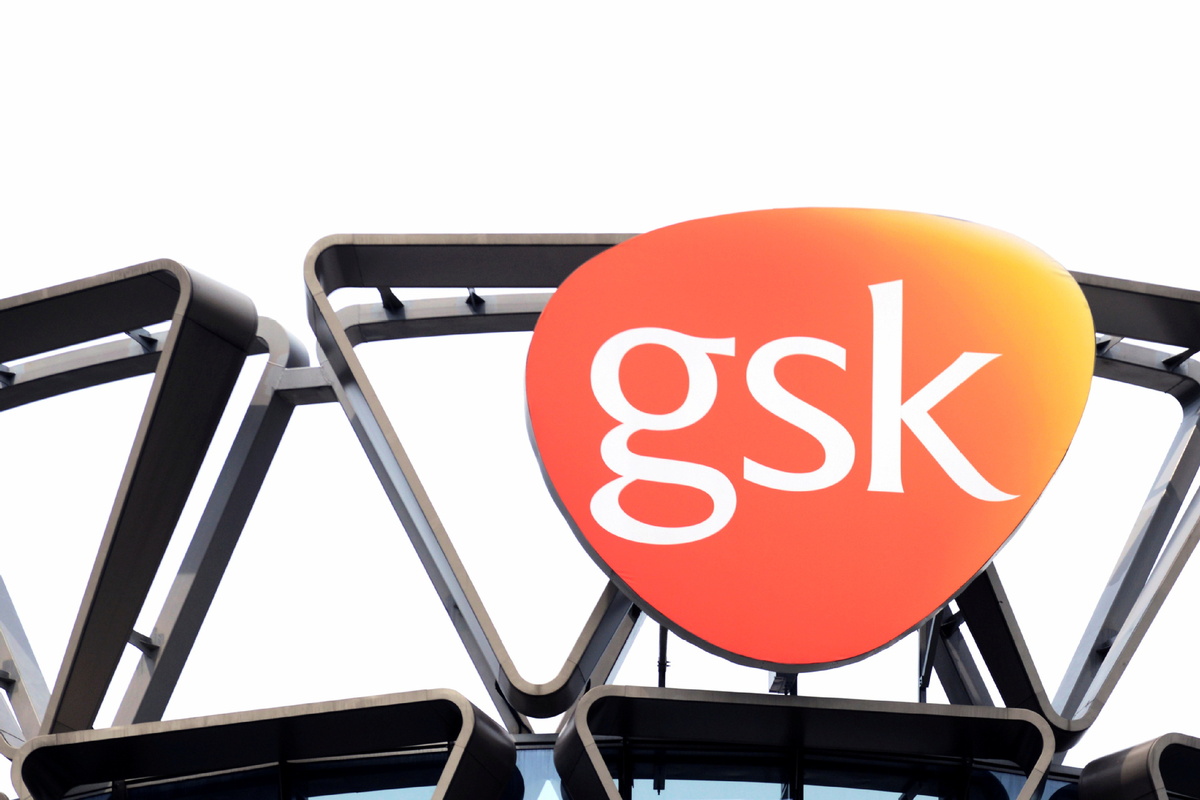Hope for HIV patients as drug from GSK goes to human trials


A human trial into a potential cure for HIV will commence in 2022, United Kingdom pharmaceutical company GSK has announced, after the treatment gained encouraging results from animal testing.
A GSK executive made the announcement in the lead-up to World AIDS Day, which is an international public health campaign established by the World Health Organization and the United Nations that falls on Dec.1 each year.
Kimberly Smith, head of research and development at GSK's HIV arm ViiV Healthcare, said during an investor meeting on Monday that the company plans on testing one of its most promising HIV treatments on humans by summer next year.
Antiviral therapies already exist that can suppress HIV to the point where the virus is undetectable in infected people. But totally eliminating the disease in patients has proved to be a monumental medical challenge, since the virus can lay dormant within cells in the body.
Smith said that the drug from ViiV is capable of "waking up" these dormant viral reservoirs, exposing them to attack from the other therapies and the immune system. Smith said that the drug has been through successful trials in animals including non-human primates.
"The idea is that you have to wake up the latent virus and try to get rid of it," Smith told the Daily Telegraph ahead of the investor meeting. "If it works in humans, then the question will be how do we clear it away once we've induced it."
Smith also said she believes finding a cure for HIV is achievable this decade. Around 38 million people across the world live with the disease, according to the UN.
"Our ultimate goal is always a cure of HIV," Smith told investors. "I hope that we'll contribute to getting there by 2030, if not sooner."
GSK has been at the forefront of HIV drug research since the 1980s, when researchers at company predecessor Burroughs Wellcome first conceived of using the drug azidothymidine, or AZT, as a treatment for the disease.
The company established ViiV to manage its HIV business in 2009, along with two minority shareholders, United States-based Pfizer and Japan-based Shionogi. ViiV has 16 drugs in its HIV portfolio that generated around $6.5 billion in sales last year, according to the company.
But GSK as a whole has struggled in recent years, with an underperforming drug pipeline, investor rumblings over strategy and leadership, and the emergence of a serious rival in AstraZeneca, which has developed one of the most widely-used COVID-19 vaccines.
GSK is also set to lose exclusivity on one of its HIV drug patents in eight years' time, and Smith attempted to quell investor concerns by setting out the company's long-term HIV strategy at the meeting.
































